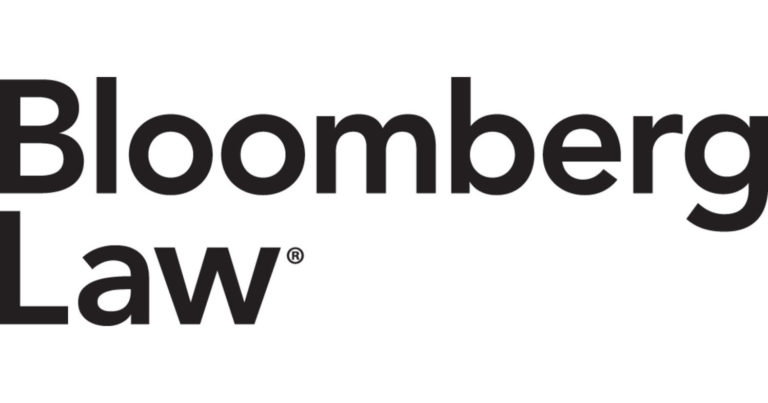Hamodia: Alternative Routes — Creative Approaches to Fight Anti-Israel Shutdown Protests
Hamodia, a popular Orthodox Jewish newspaper, interviewed our co-founder, Ted Frank, about the possibility of bringing civil lawsuits against organizations who engaged in traffic-blocking protests.








